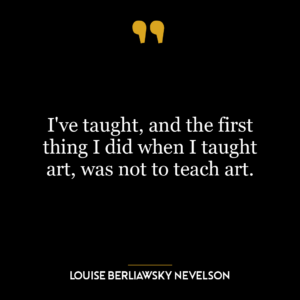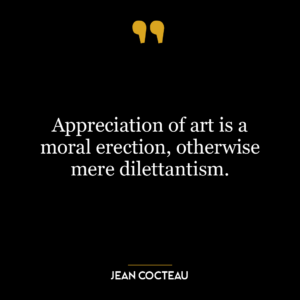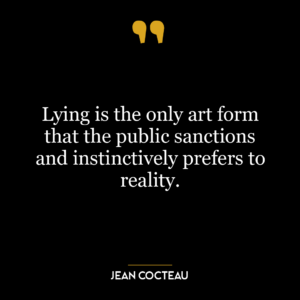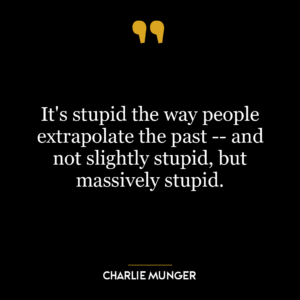This quote emphasizes the significance of not just knowing what is right but also having a deep affection for it. It suggests that knowledge alone is not enough, but it should be accompanied by a genuine passion and love for righteousness. It is one thing to be aware of the right things to do and another to genuinely love doing them. The latter is more commendable because it comes from a place of sincerity and authenticity.
In essence, the quote is highlighting the distinction between intellectual understanding and emotional engagement. Intellectual understanding of what is right is a cognitive process, it involves the mind. On the other hand, loving what is right is an emotional process, it involves the heart. When one loves what is right, they are likely to do it out of passion and not obligation, making their actions more genuine and impactful.
In today’s world, this quote can be applied in various contexts. For instance, in the fight against social injustices, it’s not enough to know that racism, sexism, or any form of discrimination is wrong. One must also love equality, fairness, and justice. This love will drive individuals to take action, to stand up against injustices, and to advocate for change even when it’s uncomfortable or inconvenient.
In terms of personal development, the quote suggests that to truly grow and improve, one should not only seek knowledge but also cultivate a love for virtues such as honesty, kindness, and integrity. It’s not enough to know that these are good traits to have, one must also love these traits and strive to embody them in their daily life. This makes the journey of personal development more meaningful and fulfilling.
In conclusion, the quote is a powerful reminder that while knowledge is important, it is the love for what is right that truly drives meaningful action and change. It encourages us to not just understand the right things, but to also develop a deep love for them.












